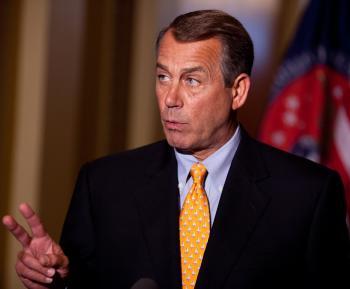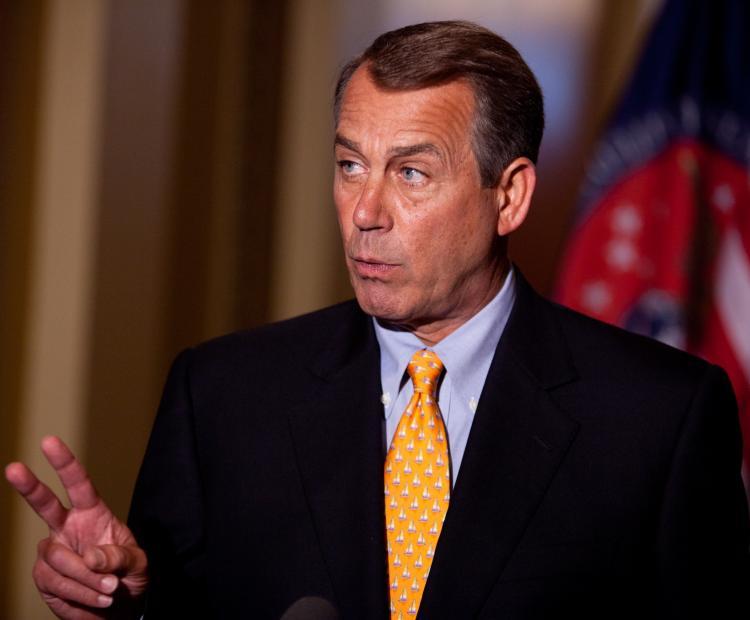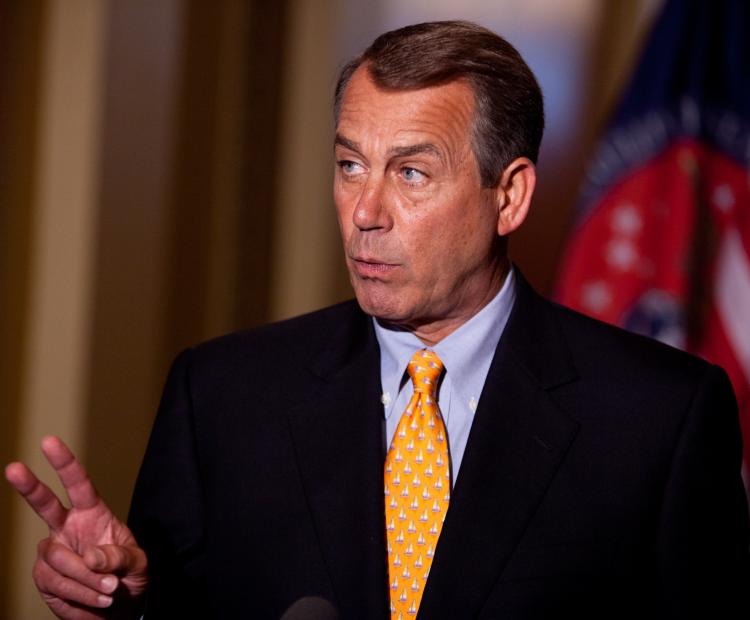DC Private School Voucher Program Strictly Partisan
House Speaker John Boehner (R-Ohio) has decided to give his personal stamp to a national movement that would direct federal dollars toward private school vouchers.

Speaker of the House John Boehner (R-OH) holds a news conference in the U.S. Capitol on April 1, 2011 in Washington, DC. Brendan Hoffman/Getty Images
|Updated:
Reporting on the business of food, food tech, and Silicon Alley, I studied the Humanities as an undergraduate, and obtained a Master of Arts in business journalism from Columbia University. I love covering the people, and the passion, that animates innovation in America. Email me at andrea dot hayley at epochtimes.com
Author’s Selected Articles






